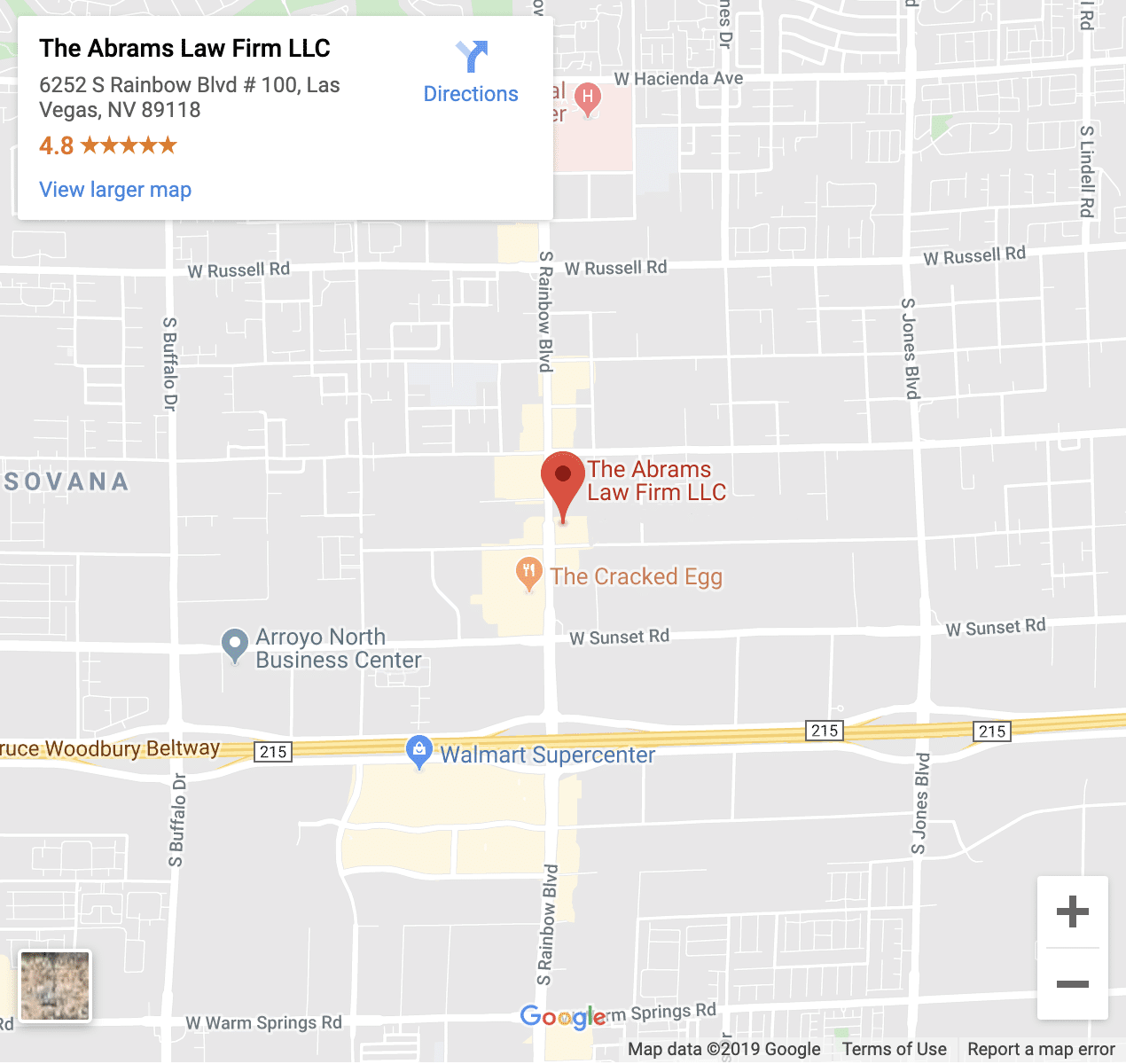Commingling Separate and Community Property
 In Nevada, all marital or community property is subject to division upon divorce. Community property includes all assets acquired during the marriage, with limited exceptions (such as inheritance and gifts specifically to one party, or assets covered in a pre or post-marital agreement). Generally, separate property is property already in possession of each party before the marriage. Separate property is not subject to division in the divorce. However, matters become complicated when separate and community property are commingled together. Read on for an explanation from our expert divorce lawyers in Las Vegas of how commingling separate and community property can affect your rights upon divorce.
In Nevada, all marital or community property is subject to division upon divorce. Community property includes all assets acquired during the marriage, with limited exceptions (such as inheritance and gifts specifically to one party, or assets covered in a pre or post-marital agreement). Generally, separate property is property already in possession of each party before the marriage. Separate property is not subject to division in the divorce. However, matters become complicated when separate and community property are commingled together. Read on for an explanation from our expert divorce lawyers in Las Vegas of how commingling separate and community property can affect your rights upon divorce.
What is Commingling of Assets?
Commingling of assets occurs when community funds are used to support separate property, and vice versa. Couples may, for example, pool their finances into a joint bank account and then use that account to purchase a home. The funds started as separate property, were mixed together in a joint account, and then used to purchase what is ostensibly a piece of community property. Commingling might occur when an inheritance (separate property) is deposited into a joint account. Commingling also includes when community funds are used to increase the value of separate property, such as if funds from a community bank account, or funds earned during the marriage, are used to renovate a separately owned house.
What Happens When You Commingle Assets?
Commingling assets carries the risk of converting separate property into community property and thus subject to division during divorce proceedings. Unless you keep very specific, detailed records, an asset such as a joint bank account is likely to become fully community property. This is true even if it started with deposits from separate property funds, or funds from just one party. Likewise, income obtained after the marriage has begun is generally community property regardless if only one spouse earned it. So depositing the income funds into a separate bank account can muddy the waters regarding whether that account is separate or community property. When separate property is used to purchase something for the benefit of the marriage, and separate ownership is not made explicit in writing, then it is likely to be treated as community property.
Pensions and Retirement Accounts
Some assets can include both separate and community property. For example, pension funds and other retirement instruments that were created before marriage have special rules that determine which parts are community property and which parts are separate. Nevada law generally holds that the appreciation in value that occurs once the marriage starts is treated as community property. If there is no active effort to increase the value, however, there may be an argument that the property remained separate even after the marriage and even upon some modest appreciation in value. Discuss your finances with your divorce attorney to find out which property can be kept separate during your divorce, and which must be included in the divorce property divisions.
The Challenges of Keeping Separate Property Separate
Keeping separate property separate is not an easy task. Enshrining certain assets as separate in a prenuptial agreement is likely the safest path. Otherwise, keeping receipts and detailed records in order to prove ownership in the future is likely too burdensome to maintain and too difficult to reconstruct. Separate property not covered by a prenuptial agreement, which the parties wish to keep separate, should never be commingled with any forms of community funds or marital efforts.
If you are concerned about keeping your separate property separate:
- Get a prenuptial or post-nuptial agreement properly drafted by a qualified divorce attorney.
- Do not commingle assets.
- Do not deposit community funds into a separate account or vice versa.
- Do not use separate funds to improve upon community property.
- Do not transfer funds between separate and community accounts.
Call for Experienced Legal Advice
Our dedicated divorce lawyers in Las Vegas are ready to help you navigate all aspects of your divorce case. This includes everything from complex asset evaluation and property division to alimony and child custody issues. We will help you locate all assets that make up the marital estate, ensure that you get your share, and protect you and your children. Our Las Vegas divorce attorneys will speak with you directly regarding a consultation. Call our office at 702-222-4021 to speak with one of them and see if what we offer is right for you.
Business Ownership in Divorce Proceedings
7 Mistakes Professionals Make in Divorce
Do You Qualify for Alimony Payments in Your Divorce?
Bill Gates Divorce
Pensions and Divorce in Las Vegas
Lottery Winnings in a Las Vegas Divorce
Pitfalls to Avoid in Prenuptial Agreements
Grandparents Rights
What is Temporary Spousal Support?
Divorce and Social Security Benefits


